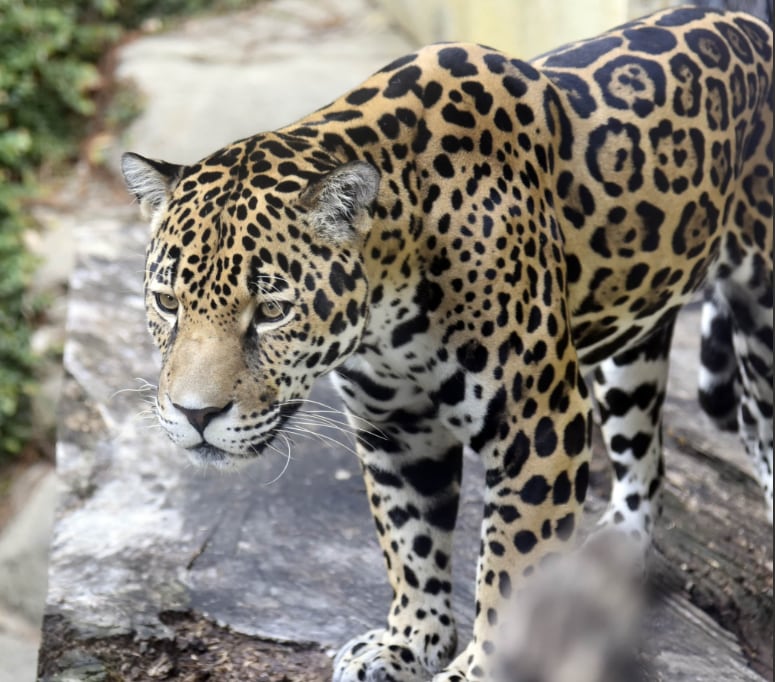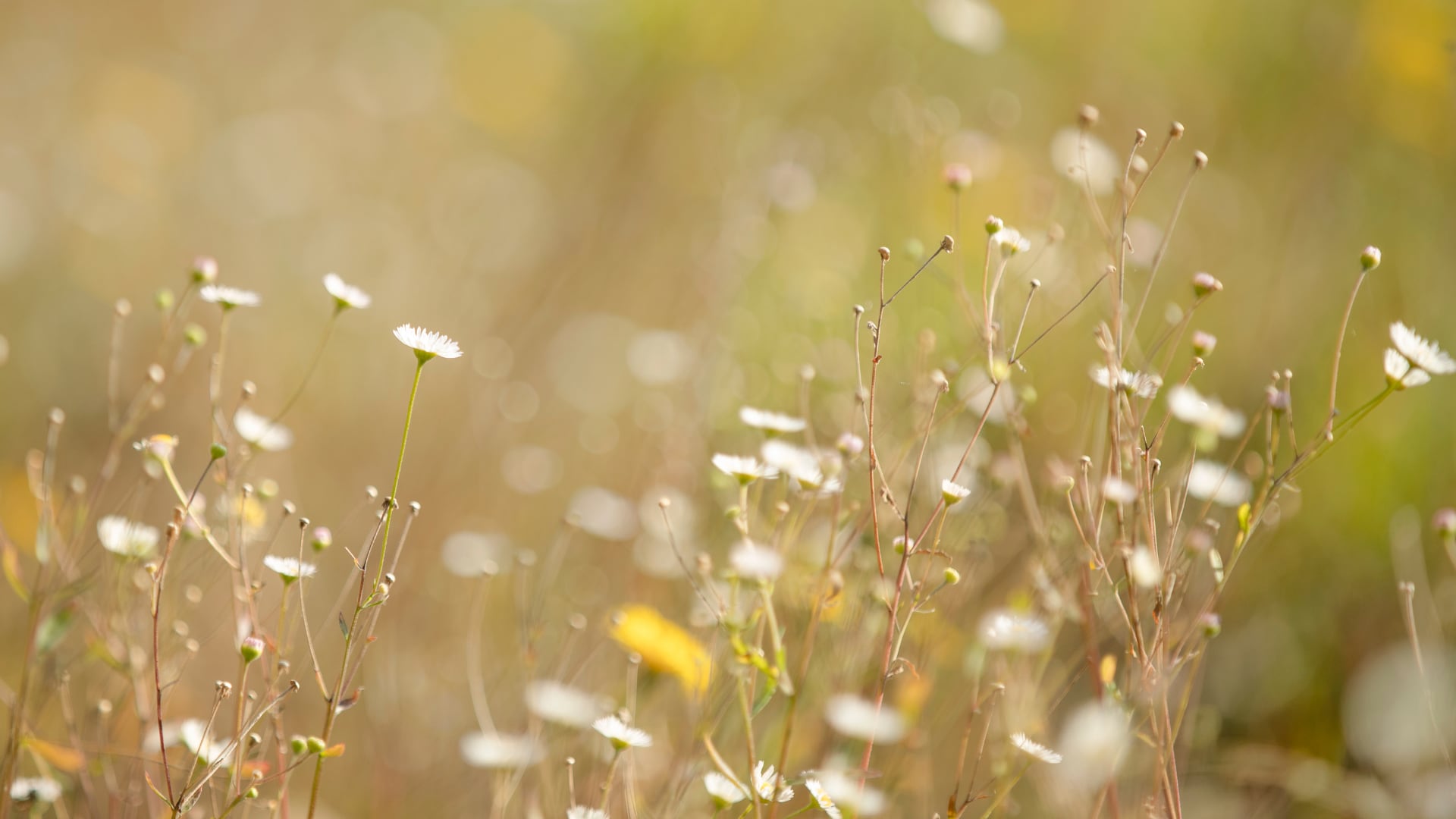A fierce-looking attraction is leaving the Birmingham Zoo.
The 11-year-old Jaguar, Khan, is relocating to Florida.
Khan was brought to Birmingham from the Jacksonville Zoo over eight years ago, and he immediately won over zoo patrons.
As part of the Species Survival Plan, Khan, named for the owner of the Jacksonville Jaguars, will relocate next week to Melbourne, Florida’s Brevard Zoo, another zoological establishment recognized by the Association of Zoos & Aquariums. Khan joined the Birmingham Zoo on February 8, 2017, having been born on July 18, 2013. The jaguar habitat will be renovated following Khan’s departure in anticipation of the arrival of another jaguar later this summer.
Chris Pfefferkorn, the president and CEO of the Birmingham Zoo, stated that these choices are never taken lightly and that they are difficult on our teams as well. However, relocating animals like Khan guarantees that we are doing everything we can to preserve wildlife healthy for future generations, helps conserve his species, and gives him a future with a family of his own.
Zoos with AZA accreditation work together to save endangered animals, such as jaguars. By making thoughtful breeding and transfer recommendations, the Species Survival Plan, or SSP, assists zoos in managing their populations. To determine which animals should relocate or form pairs in order to maintain the health and strength of the species, they take into account factors such as age, personality, space, health, and genetics. Consider it a more considerate version of JaguarMatch.com.
Khan is in his prime and will contribute to the genetic expansion of the jaguar population through his progeny.
The third largest cat in the world, jaguars are indigenous to South America. The majority of these large cats may be found in the Amazon jungle, and there are currently about 173,000 jaguars left in the globe.
Khan will undoubtedly continue to support us in our goal of igniting a passion for environmental conservation, according to Pfefferkorn.
Jaguars have a lifespan of 12 to 15 years in the wild. They can live up to 20 years or more thanks to the knowledge of the animal care specialists in AZA facilities. The number of jaguars is declining, making them a Near Threatened species. The increasing demand for their teeth, claws, and skin/fur is putting them in danger.
The Primate/South America Building’s habitat will be renovated when Khan has safely departed the Birmingham Zoo on his way to Brevard Zoo. Reactivating the waterfall and other upgrades are part of this renovation, which should be finished in less than a month. Jaguars are renowned for their exceptional swimming abilities.
When finished, the upgraded area will welcome a jaguar from another AZA facility.
Most Popular Stories by
Greg Garrison
-
Why Chick-fil-A just demolished one of its busiest Alabama restaurants and bought the Walgreens next door
-
Healing church hurt : Award-winning United Methodist clergy leads youth outreach
-
Pope Leo XIV appoints new archbishop for Alabama
-
Country music legend plans her return to Las Vegas, tickets now on sale
-
This beloved Birmingham choir has kept a 96-year tradition alive, but their next performance might be their l






